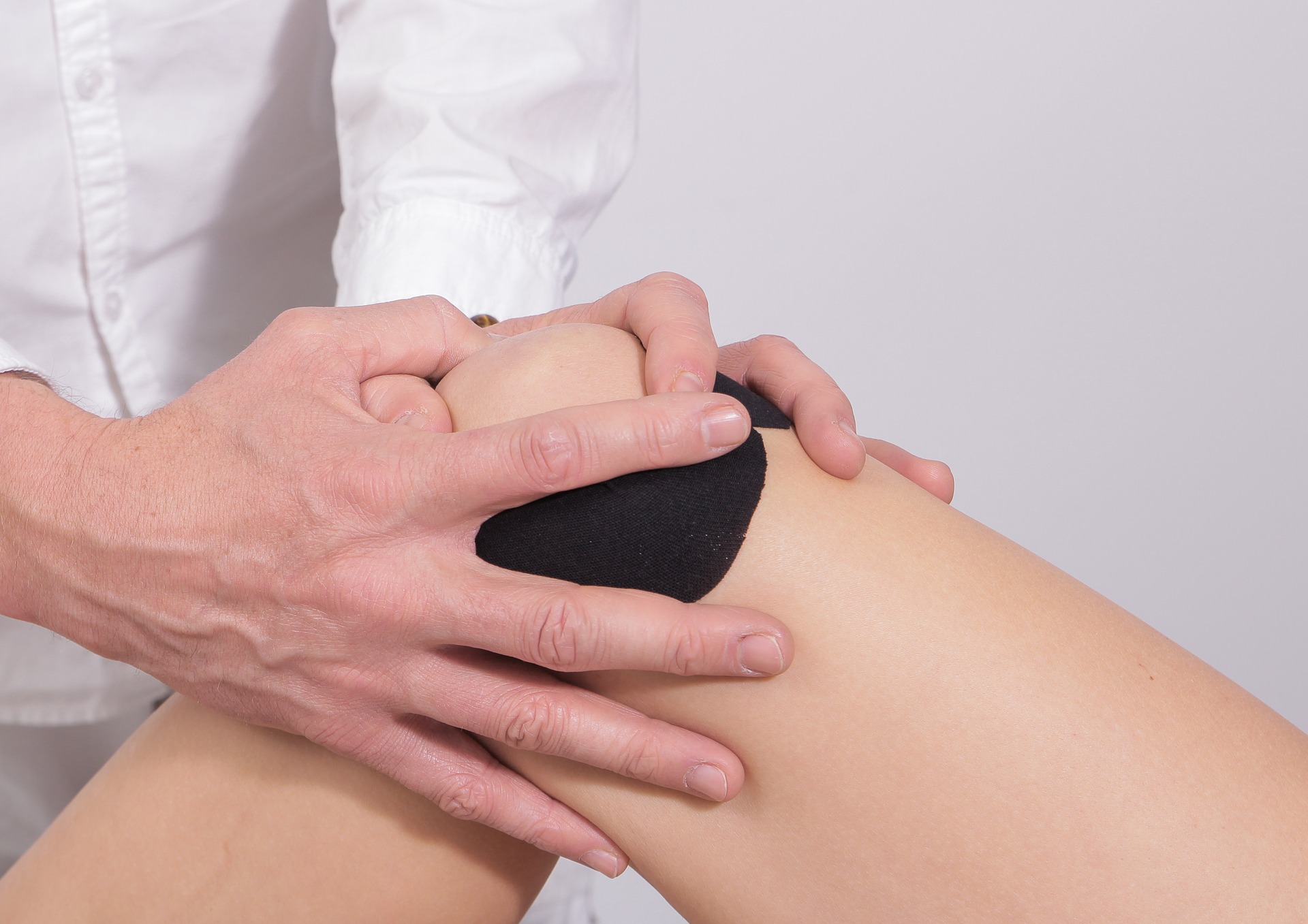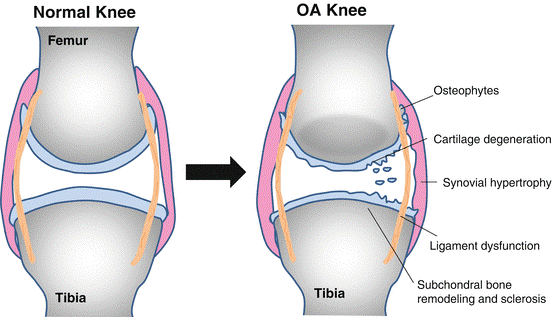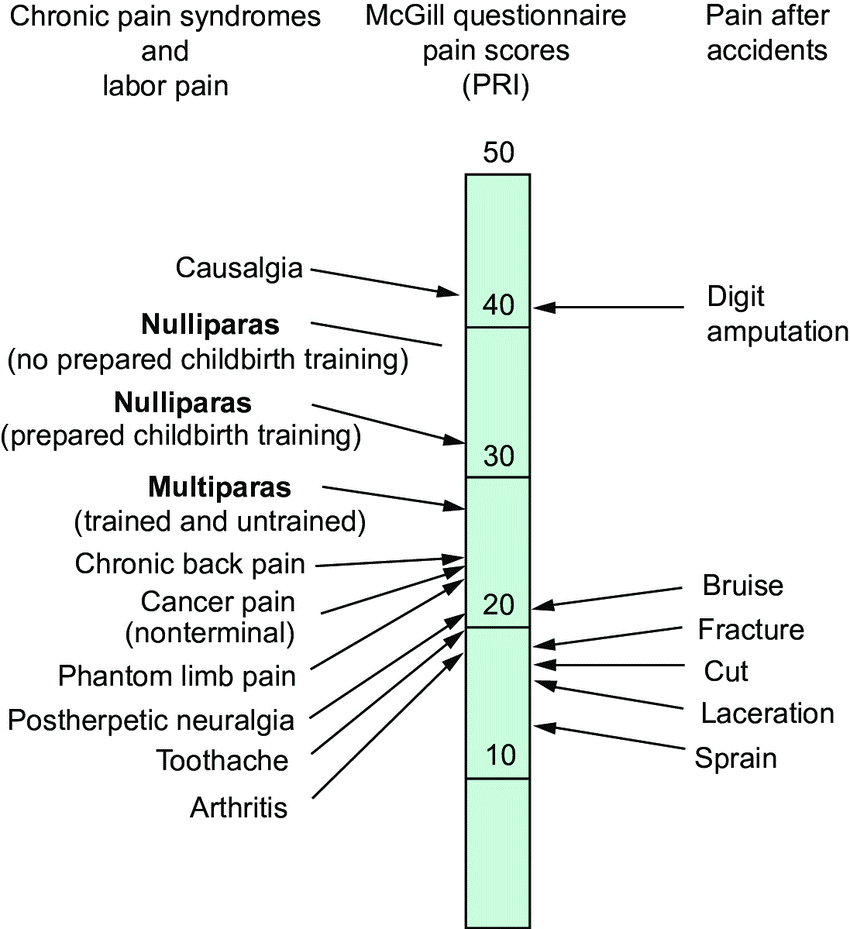
October 20, 2020, by aeyavb
Persistent knee pain following total knee replacement
The problem of knee Osteoarthritis (OA), and therefore chronic pain and disability, is on the rise. Although total knee replacement (TKR) has significantly improved pain and functioning for most end-stage knee OA patients, unfortunately 20% of patients still report persistent knee pain following TKR.

Third year medical student, Lauren Quinn, undertook a project which aimed to identify physiological and psychological risk factors for poor pain outcomes at >3 months, following TKR. She used this information to evaluate the impact of baseline pain mechanisms on postoperative pain.
A set of questionnaires were used at baseline to assess preoperative pain and psychology of patients. These were:
- ICOAP (the measure of intermittent and constant arthritis pain)
- PainDETECT (a new screening questionnaire)
- HADS (Hospital anxiety and Depression Scale)

All clinical data was collected at the preoperative clinic, with samples of synovium and medial tibial plateau being collected intraoperatively, and then historically graded.
The Investigating Musculoskeletal Health and Wellbeing questionnaire followed up on the patients’ progress postoperatively. It assessed pain through the CAP-Knee and McGill pain scales. A pain mannequin allowed for the identification of patients with persistent knee pain following TKR.
Results:
An overwhelming 65.2% of participants reported persistent postoperative knee pain, with arthritis onset, right-knee replacement and effusion contributing to the pain outcome. Patients over the age of 65 were most susceptible to this pain compared to patients under the age of 65. Therefore, participants with this pain outcome reported significantly higher CAP-Knee and McGill affective and evaluative scores at the follow-up session.

McGill pain scale
This study found no evidence that preoperative painDETECT successfully predicted the pain outcome. Instead, the pain outcome was predicted by a greater duration of OA symptoms, right-knee replacement, effusion and younger age prior to TKR. Although causality cannot be assumed, this study found that earlier surgical intervention and preoperative inflammation management in ‘classic’ OA, has the possibility to significantly improve patient-reported pain outcomes following TKR.
Lauren Quinn and Amelia Bell

Before, during and after exercise Warm up properly for at least 10 minutes before playing sports. Gentle stretching can improve the ability of the muscles to contract and perform, thus reducing the risk of injury. If you are into bodybuilding, alternate exercising different muscle groups. Don’t lift too much.